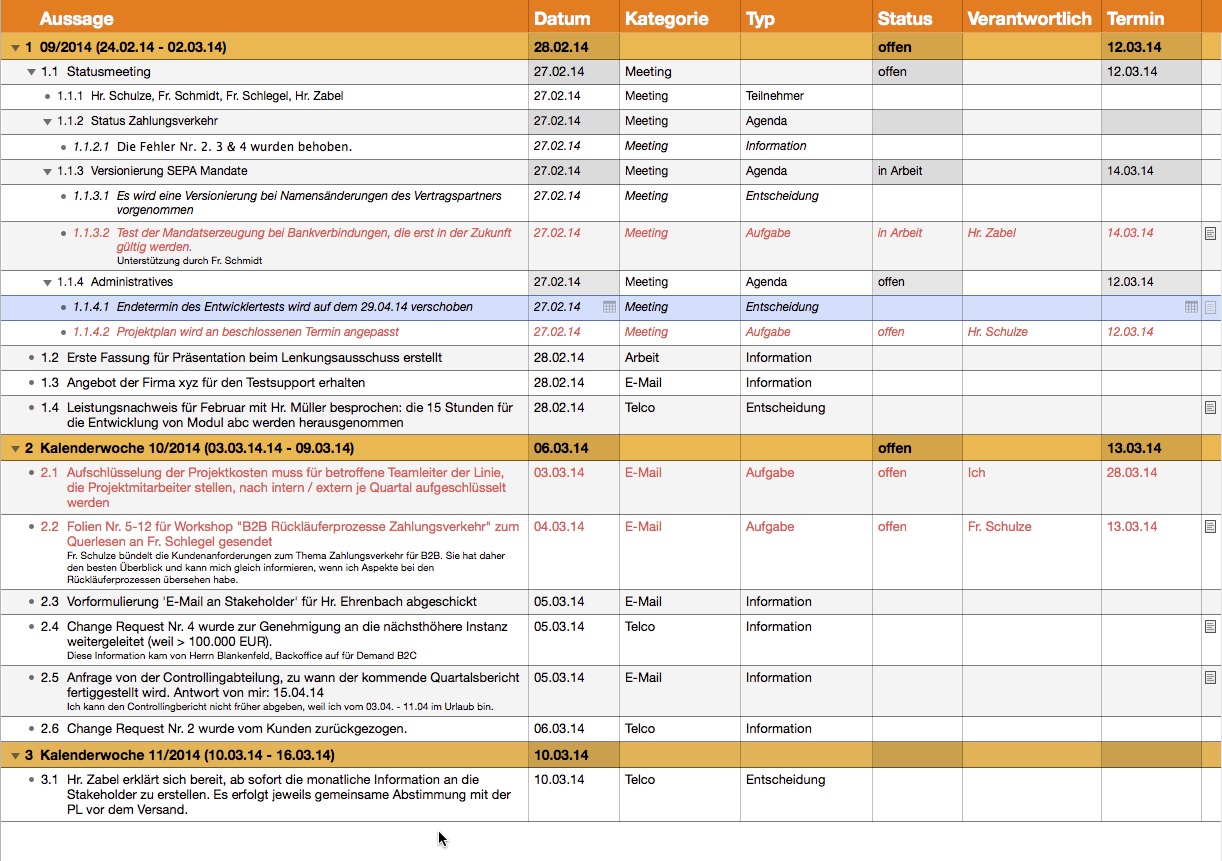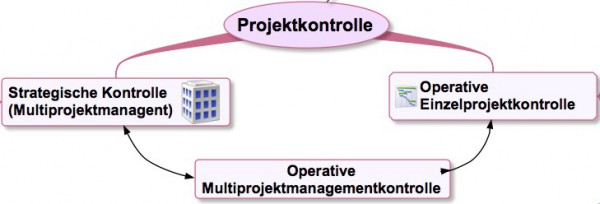Diesen Blogartikel finden Sie in deutscher Sprache hier.
I started a series of project management blog articles in german with my IPMA certification for Level D in Germany. The certification was done on the basis of the ICB 3.0 hosted by the GPM (Deutsche Gesellschaft für Projektmanagement e.V.). The certification was initiated by my employer, which is the internal IT service provider in Germany for the corporate group. Starting with 2012, the group has decided to harmonize the project management certification for all countries. As the mother company is located in Sweden, the National Competence Baseline (NCB) for Scandinavia was chosen. Therefore may level C certification has been started on that procedure.
With my first preparation training I noticed a significant difference between the Scandinavian and German exam and assessment approach. Whereas the German approach puts emphasis on the single methods, the project manager has to use for his work, the Scandinavian approach focuses on the processes of the project management itself. At least I got the impression during my training session for the Scandinavian level C certification. This has to prove within the exam and assessment days. The difference I’m talking about is as follows: in the German exam for Level D (written test and verbal test) one had for example to do an exact milestone trend analysis or to define exactly the difference between costs and expenses. Wrong words or not 100% percent correct drawing lead to reduction of points in the German exam. The Scandinavian exam and assessment approach seems to focus more on the phases of the project and what are the main deliverables of the project manager for each level. Only basic methods are described on rough level. 100% exact definitions seem to be not necessary, at least when looking on the exercises of the Scandinavian training company.
This also reflects on the book on which the preparation for the Scandinavian certification is based on: “Project management – Theory and practice” from Bjarne Kousholt. It has approx. 500 pages compared to approx. 2.500 pages of the german PM3 books. The danish book is mainly structured according the general project phases
- Opportunity identification,
- Planning and specification,
- The implementation, monitoring and control stages,
- Product handover and project evaluation and
- Operations and maintenance.
For each phase the nine knowledge areas from PMI are evaluated:
- Integration management
- Scope management
- Time management
- Cost management
- Quality management
- Human relations management
- Communication management
- Risk management
- Procurement management
Additionally some introduction into the projects and project management, standards and norms as well as information about advanced project management and projects in organizations are given. This gives a good overview about processes of project management as well as some methods the project manager has to use within each phase. But this book isn’t suited as a complete reference to project management. Therefore I see the danish book and the german books PM3 as supplementary documentation. The first focuses on the main project management processes and overall knowledge areas whereas the latter one can serve as a complete reference for approaches and methods of the IPMA competence areas.
The Scandinavian Certification for Level C contains the three parts “Self-Assessment”, “written Exam” and Assessment of leadership behavior. The self-assessment has to be done within a given document. It should show the experience of the candidate for project management. It includes reports about experiences from a chosen project (issues, actions to solve them and the results), assessment about method applications and ownstrongest and weakest behavior. Additionally the self-assessment includes a reference list of projects, the candidate had to manage. The total workload for the project management role has to be 36 months or more. That means not that the candidate leads projects for a time period for 3 years! The candidate has to demonstrate 36 month of real workload of project management.
Example: The candidate leads projects for 5 years with an average of 2 days a week and additionally works as a team member within projects with an average of 3 days a week, then this results in
- Total workload of project management = 440 days = 22 months (5 years * 11 months * 4 weeks * 2 days/week)
- Total workload of project participation as team member = 660 days = 33 months (5 years * 11 months * 4 weeks * 3 days/week)
In this example the candidate wouldn’t apply for level C, because he doesn’t have 36 months of experience in project management.
The exam for the Scandinavian certification will last 2,5 hours for level C. Level D candidates write the same exam in 3 hours and need less points to pass. Most likely the exam will consist of a part with multiple choice questions, a part with open questions and case studies.
Judged from our training, the assessment for level C will base on case studies. Dependent on the amount of candidates in a team there will be several tasks which have to be accomplished. Everyone will be responsible for a task as a project manager, he has to accomplish with the team. In our training we had to choose one project and then to fulfill the following five tasks
- Create work breakdown structure for deliverable
- Do stakeholder analysis and create communication plan
- Create milestone plan
- Do estimation
- Do risk analysis and create risk plan
Everybody had approx. 30 minutes in the beginning to prepare his own workshop. Then the workshops were accomplished as role games which had to deliver the asked results. The responsible candidates were each watched by the training assessor according to the application of the appropriate methods and his leadership behavior. This will be the same in the official certification assessment.
Now after the training session, we will fill out the self-assessment and continue with self-studies as preparation for the certification. I will blog the next weeks about special topics I’m preparing for the exam. The idea is to connect the process of project management during the timeline of the project processes with specific methods etc. from the german PM3 book. Lets see whether I can spend the according time 🙂 I will check whether I will blog in english only or in english and german.

